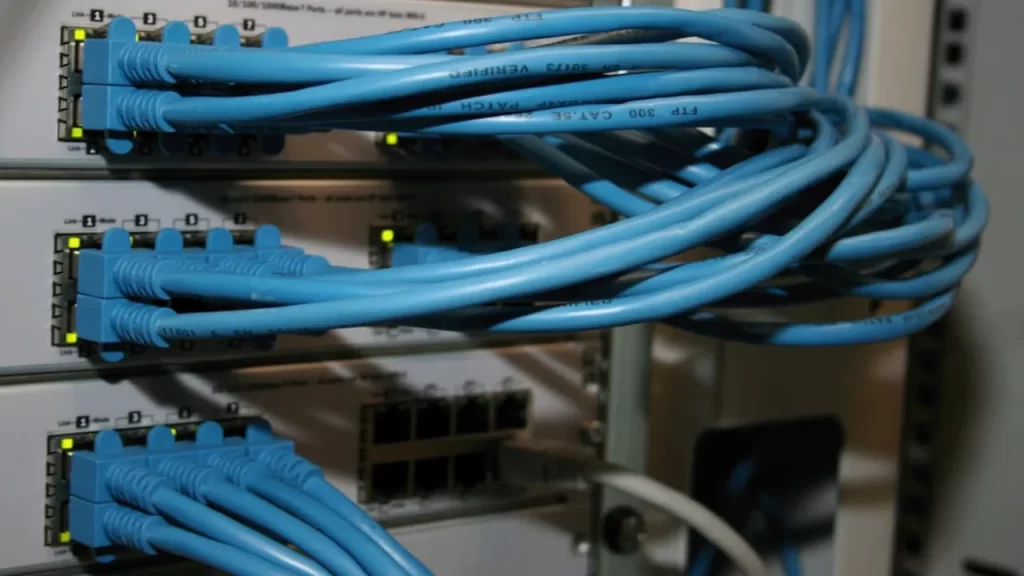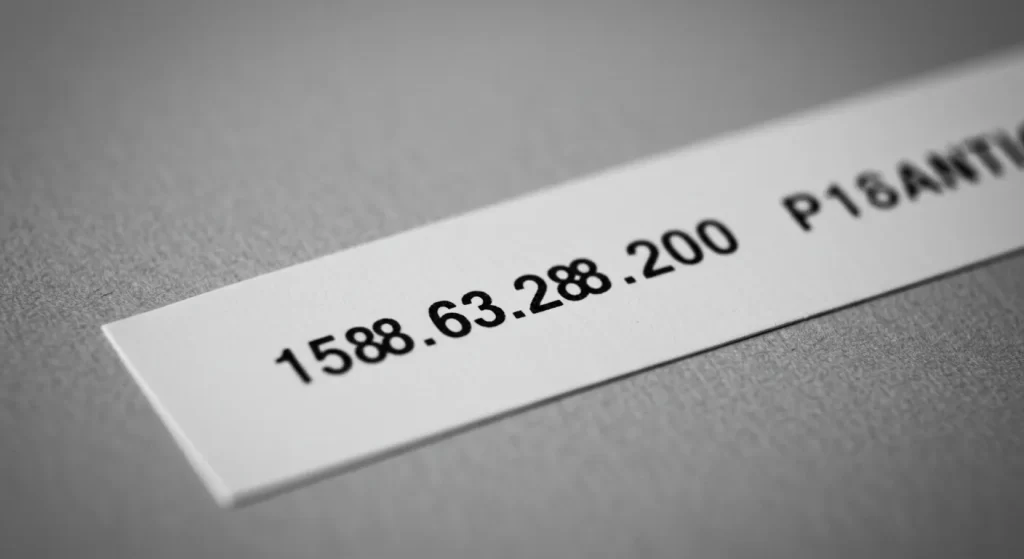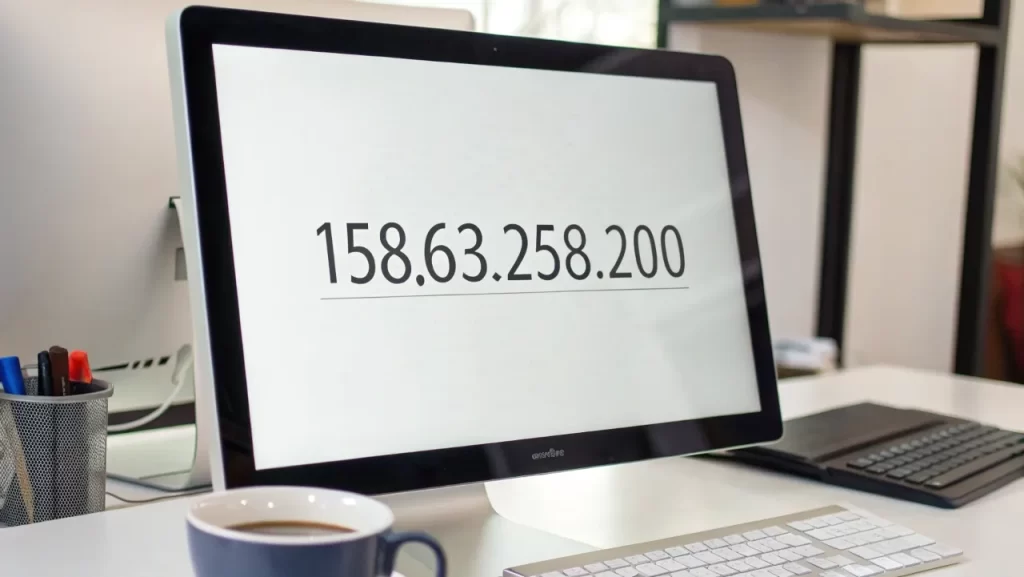Table of Contents
In today’s digitally interconnected world, understanding the role of IP addresses is essential for everything from browsing websites to managing online security. An IP address serves as the unique identifier for devices on a network, allowing them to communicate with one another.
One such address, 158.63.258.200, might seem like a simple string of numbers, but it holds crucial insights into the broader workings of the internet. This article will explore the meaning and importance of this IP address, delve into its potential uses, and provide an overview of how it fits into the complex ecosystem of the internet.
What is an IP Address?

An IP address (Internet Protocol address) is a numerical label assigned to every device connected to a computer network. It serves two primary purposes:
- Host or Network Interface Identification: Each device on a network needs a unique address to send and receive data.
- Location Addressing: It helps pinpoint the physical or virtual location of a device, facilitating the delivery of internet traffic.
Also Read: SOA OS23: Transforming Enterprise IT for 2025 and Beyond
IP Address Format
IP addresses come in two formats:
- IPv4: This format uses a 32-bit address, divided into four sections (octets). For example, 192.168.0.1 is an IPv4 address.
- IPv6: This is a more recent format using a 128-bit address, which provides a much larger address space due to the depletion of IPv4 addresses.
The IP address 158.63.258.200 appears to be an example of an IPv4 address. However, it’s worth noting that the number 258 is technically not valid in an IPv4 address since each section of the address should only range from 0 to 255. This suggests that the address may be incorrectly formatted or fictional, which is something to consider when researching it in the real world.
Exploring IP Address 158.63.258.200: Potential Applications

Despite the peculiar format of 158.63.258.200, we can explore what such an address might represent if corrected. Here are some potential use cases for any typical IP address:
- Geolocation and Tracking
One of the most common uses for an IP address is to track the geographical location of a device. By using geolocation tools, websites and services can pinpoint the general location of the user, which is useful for everything from targeted advertising to security features. - Network Management
IP addresses are crucial for network management and troubleshooting. By understanding the source or destination of internet traffic, network administrators can diagnose issues, optimize performance, and even prevent cyberattacks. - Security and Threat Identification
IP addresses help identify malicious actors on the internet. For example, when an unusual IP address repeatedly tries to access a system, it might indicate a potential hacking attempt, enabling a network administrator to take appropriate action. - Online Services Access
Many online services rely on IP addresses to determine user access levels. For instance, some websites might restrict or grant access based on geographical IP addresses, offering regional content or enforcing legal restrictions.
Key Characteristics of the IP Address Structure

| Octet Position | Purpose | Example IP Address | Range |
|---|---|---|---|
| 1st Octet | Identifies the network | 158 | 0-255 |
| 2nd Octet | Defines the subnet | 63 | 0-255 |
| 3rd Octet | Identifies the device’s subnet | 258 | Invalid (0-255) |
| 4th Octet | Specific host on the network | 200 | 0-255 |
It’s important to note that 258 is outside the valid range for an octet, highlighting the importance of using correctly formatted IP addresses. This is a common mistake when manually entering IP addresses.
Closing Thouhts
While the IP address 158.63.258.200 may initially seem like an ordinary identifier in the digital world, its actual value lies in understanding the core concept of how IP addresses enable communication, security, and geolocation in a vast network.
Whether for business, education, or security purposes, the role of IP addresses remains pivotal in the digital landscape. This article demonstrates the importance of correct address formatting and how an invalid address like 158.63.258.200 still provides us with insights into the general workings of internet protocols.
In the modern world, where digital interactions dominate, knowing how an IP address functions can help individuals and businesses alike navigate the complexities of the online world. So, next time you encounter an IP address, remember its significance and how it ensures smooth operations across the internet.
FAQs
What is an IP address?
An IP address is a unique identifier assigned to devices on a network, enabling communication and location identification for internet traffic.
Can IP addresses be invalid?
Yes, if an IP address contains numbers outside the valid range (0-255 for each octet), like 258, it becomes an invalid address.
How are IP addresses used in security?
IP addresses help identify and block malicious activity. Security systems monitor unusual IP addresses to prevent potential cyberattacks.

